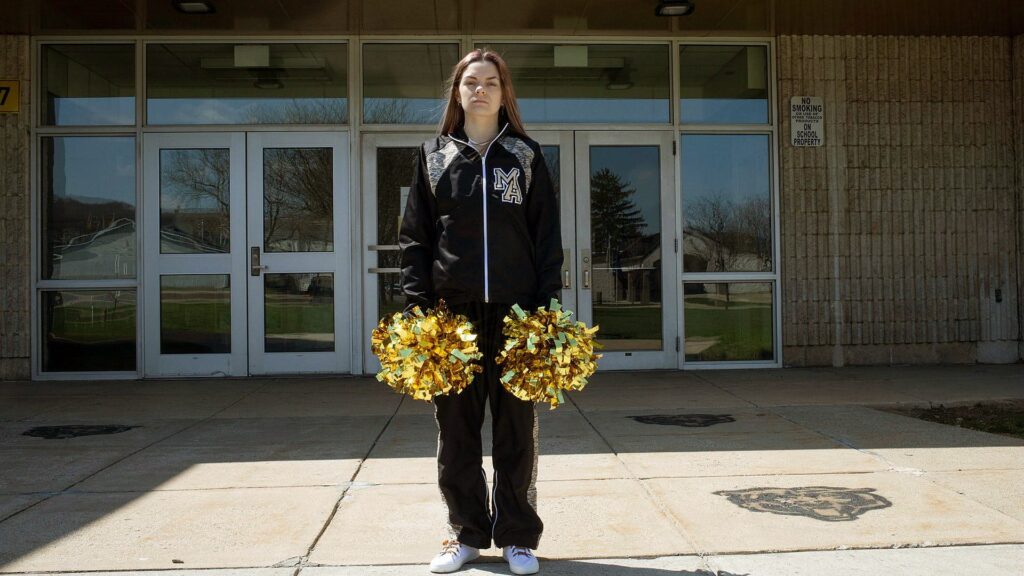The Supreme Court decided today that Middle School in Pennsylvania violated the first amendment rights of a student by suspending the cheerleading team, following the Snapchat post where he criticized the school layer. Judgment sets a stronger standard for how schools can punish students for speech off campus, something more general today with social networks like Snapchat. The Supreme Court confirmed the decision of a lower court, who also found that the school, Mahoney Middle School, violated Brandi Levy’s first amendment rights.
After failing to make a varsity cheerleading team in 2017, Levy posted two Snapchat messages with a friend while hanging out at a local store. “F-softball F-Softball F-Everything,” he wrote in his first message, according to CNBC. He imagined a follow-up message with “love how I and [other students] told that we need one year JV before we make the University but [t] doesn’t matter to others?” And of course, it was accompanied by a reverse smiling face emoji.
“While public schools may have a special interest in managing several student speeches outside the campus, the special interests offered by the school are not enough to overcome the interest in [Brandi Levy] BL in free expression in this case,” Hakhen Supreme Court Stephen Breyer wrote in the verdict , While the court said the school had several ability to regulate speech off campus, including situations such as teacher abuse and severe intimidation.
But when he arrived at this case, Breyer wrote the school did not overcome three steps to regulate speeches outside the campus. First, the school rarely takes place for parents when students are far from campus. In addition, the court needs extra skeptics when the school tries to arrange speeches outside the campus, because basically allows them to find problems with whatever students say throughout the day. Finally, Breyer wrote that public schools also have an interest in protecting freedom of speech, because they serve as “democratic nurseries.”

